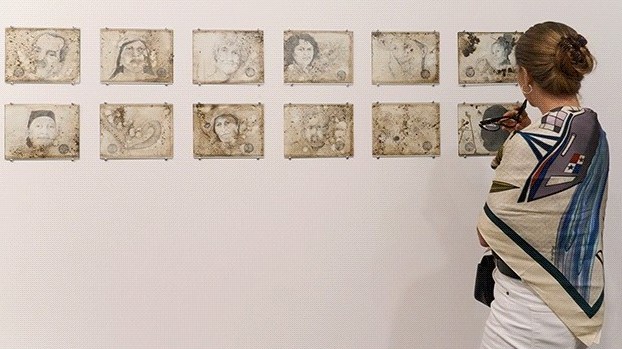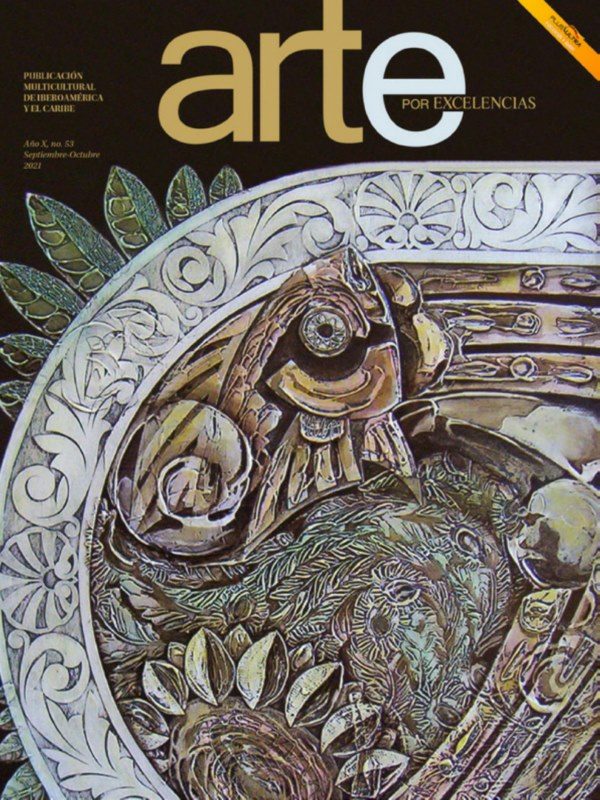By Duna Viezzoli, special correspondent
The film director Alfonso Cuarón, one more time, won the most desired prize of the Venice Film Art Show in its 2018 edition, with the film Rome.
His art had been awarded in 2013 with the Golden Lion, and then with the Oscars, for the science fiction film Gravity, where two astronauts, played by the American actors George Clooney and Sandra Bullock, live incredible adventures in space.
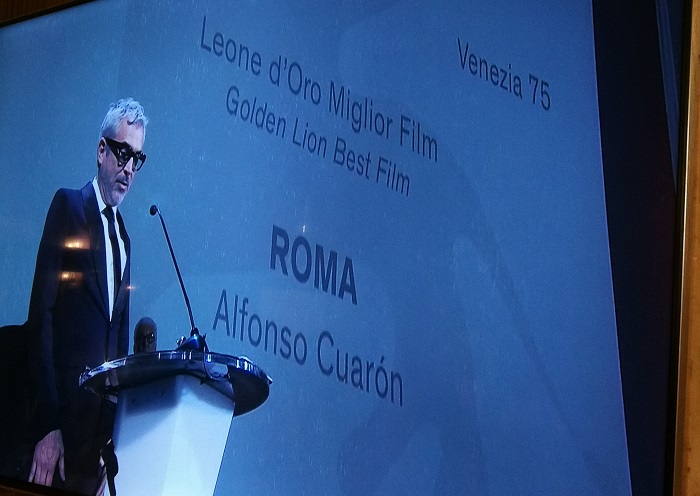
His new film in black and white Rome was a really good turn, which moved positively critics and audience, in this 75th edition of the Venetian film show, the oldest in the world. By the contrary to his previous work, this new film proposal is a tribute to his land, his personal story and the Mexican social processes. Set in the seventies Rome, a neighborhood of Mexico City, narrates the vicissitudes of a wealthy family and their nanny, while social conflicts revolutionize the world around.
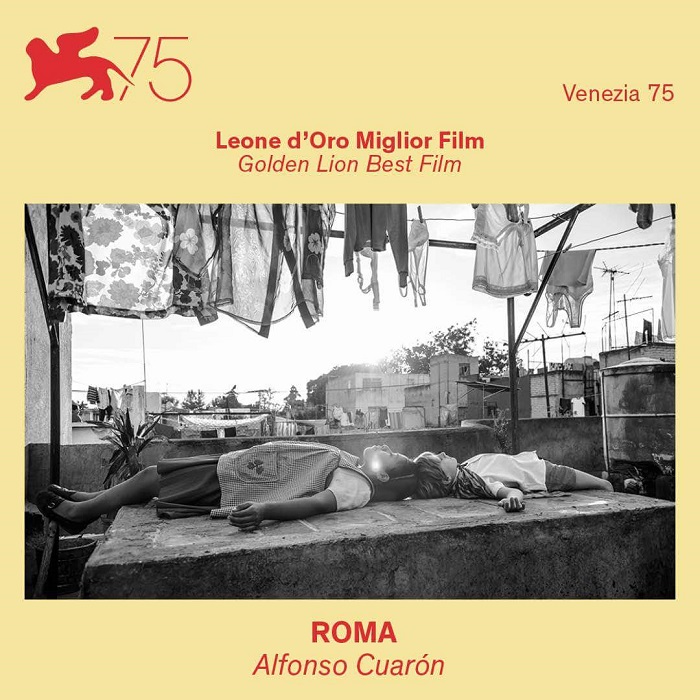
This film allows the director not only to show the events that shocked his childhood, but also to speak universally about women, as well as to address current issues such as betrayal, deception and the inferiority condition in which females live in chauvinist societies , with many actual references.
The abandonment of the father of the family and the disappearance of nanny Cleo's boyfriend, after the news of her pregnancy, occur at the same time and, step by step, demonstrate the extreme loneliness of the woman. Nanny and mother finally find their reason to be, in the task of maintaining the padronal house, despite the lack of money and the growing children, among which is little Alfonso, a good male role model to follow.
Since the abandonment to the mournful birth, the nanny is the true protagonist in the memory of Cuarón and his inspiring muse. On September 8, the day of her birthday, Cuarón dedicated the acknowledgment of the Venetian jury to her . "One more coincidence that unites me to this wonderful woman who was so important in my childhood", explained the director very moved when receiving the prize, on the stage of the Sala Grande of the Palazzo del Cinema, at the Lido de Venicia.
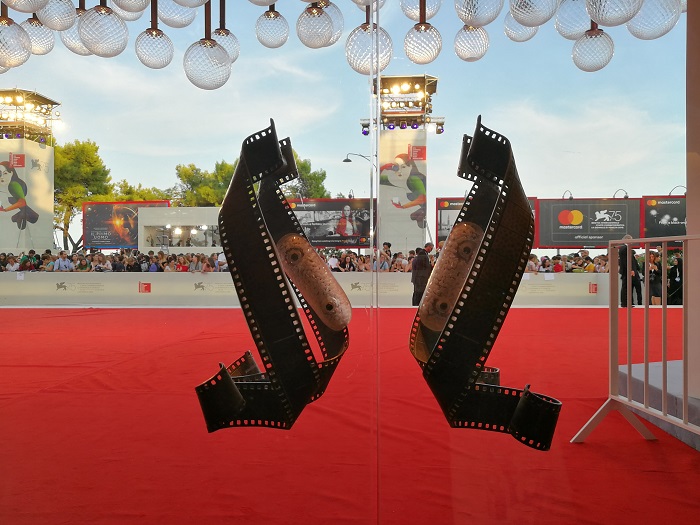
It is not a coincidence that this film was presented at the Italian festival. Indeed, from the title to its formal characteristics, Rome is a pure and simple tribute to Italian Neorealism. The impeccable direction with the use of mobile platforms, the sharpness of photography and the dryness of the visual narrative in black and white, are clear quotes of Italian cinema icons from Fellini to Pasolini. The desire to tell with simplicity and mastery real life instants, with non-professional actors and personal stories, testify how Cuarón put in his new work much more than his director technique.
Choosing a symbolic part of his childhood, in the specific context of the seventies' Mexican social revolts, does not represent only an autobiographical attempt. By telling something very particular and personal he also wanted to show the universality of human feelings in a strong declaration of artistic intentions. With Rome,the Mexican director Alfonso Cuarón establishes his presence at the highest levels of the contemporary world cinema scene.
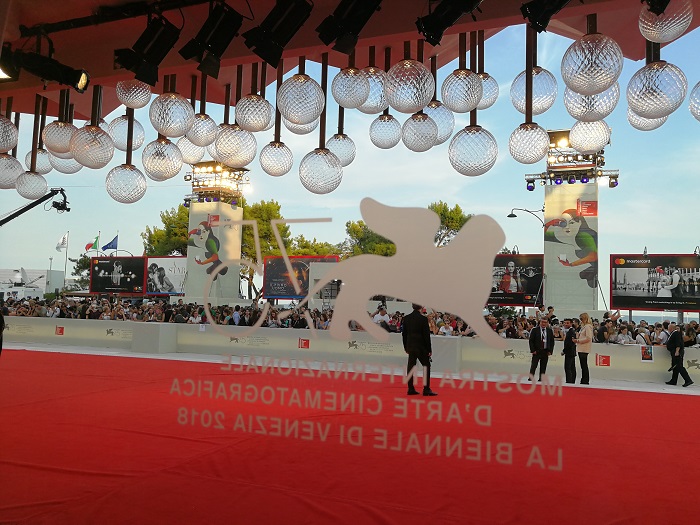
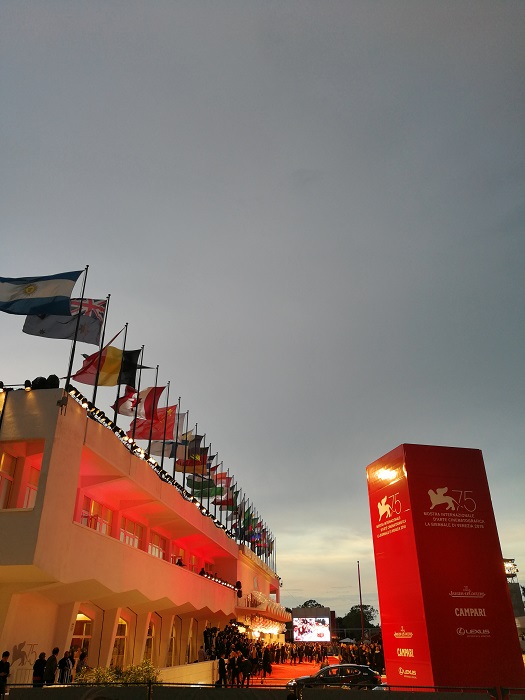
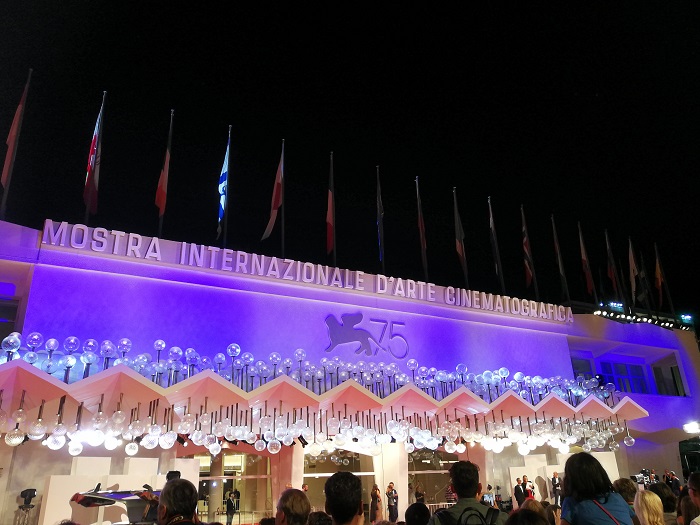
Related Publications

Nest invites submissions from Monday June 2
June 02, 2025



